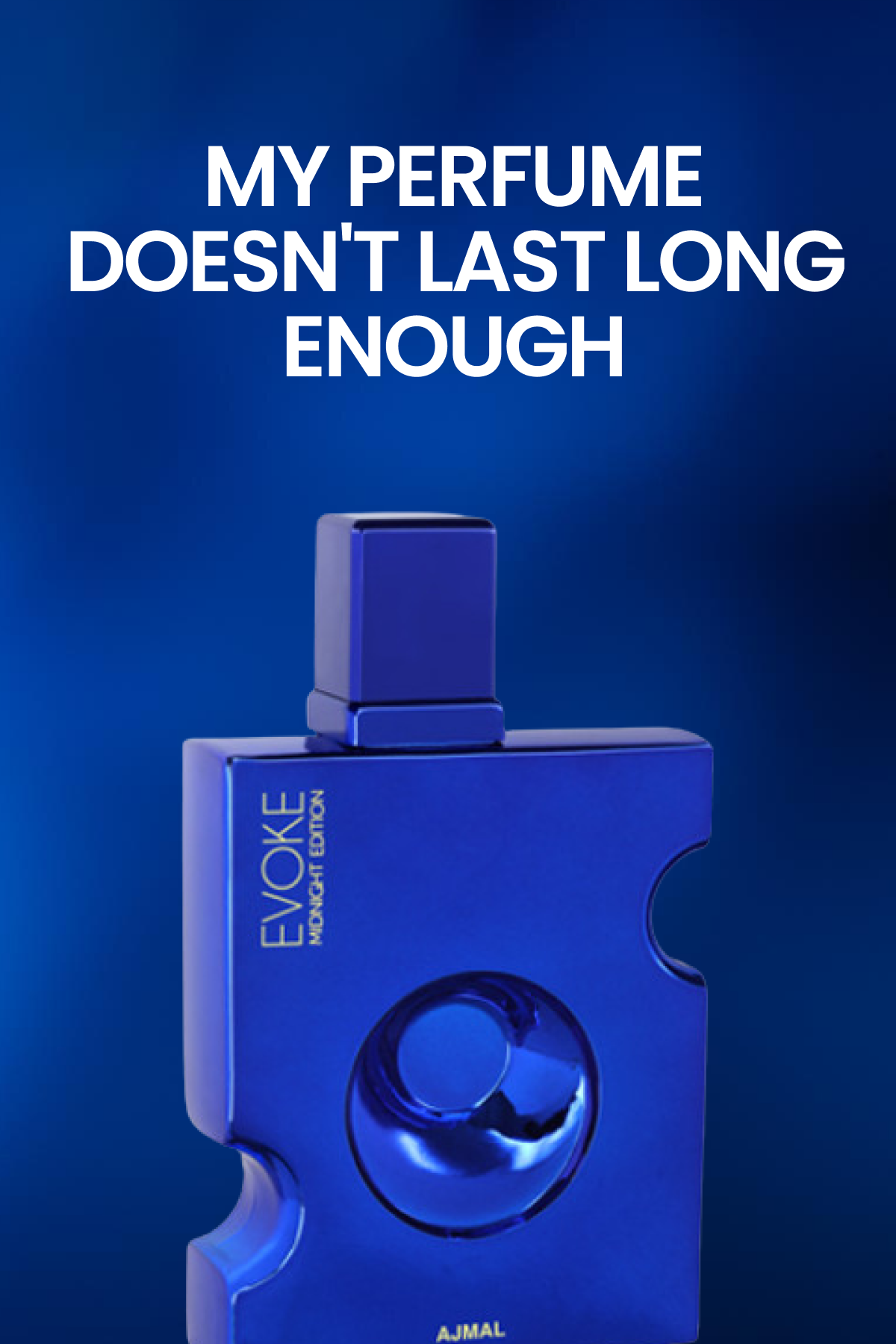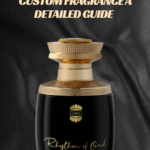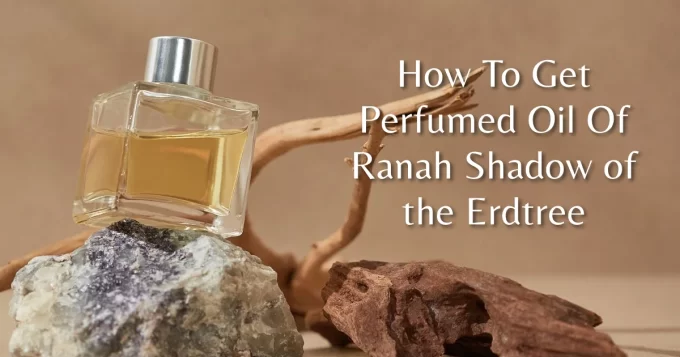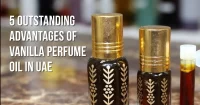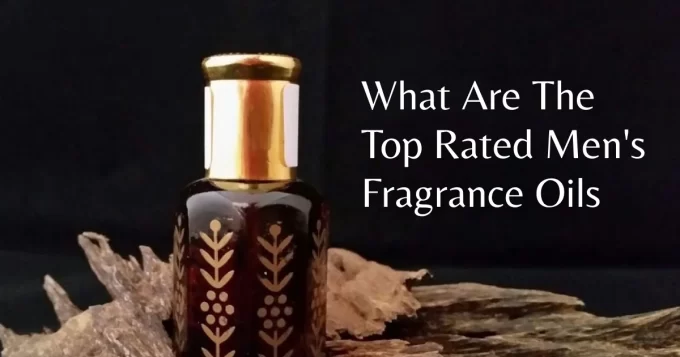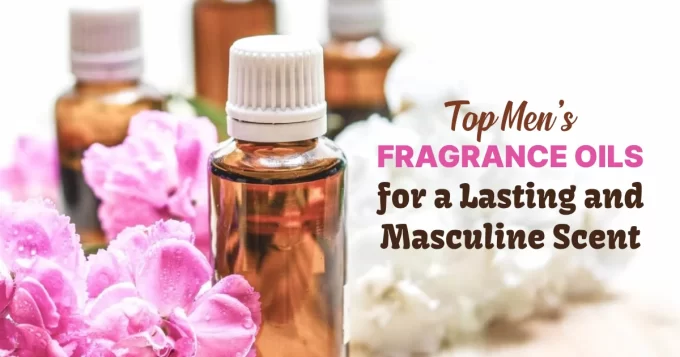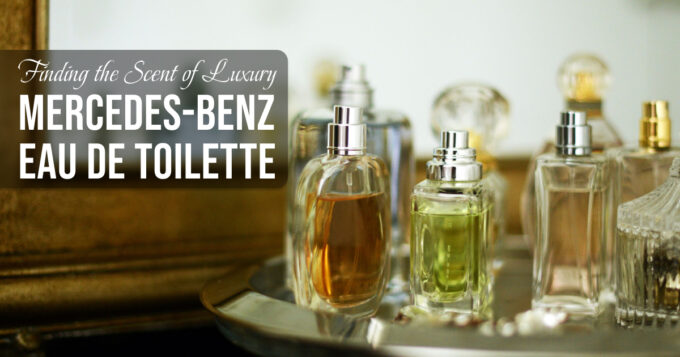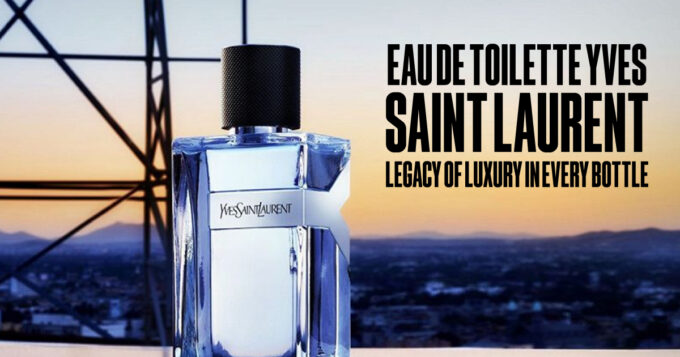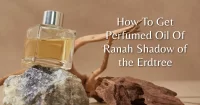My perfume doesn’t last long enough. Why is that?
You’re not alone if you’ve ever spritzed your favorite scent in the morning only to have it evaporate by lunchtime. The problem of their scents fading too rapidly is one that many perfume fans deal with. A thorough understanding of application methods, personal chemistry, and the science of fragrance will help you prolong the use of your perfume.
The Formula of Fragrances
The composition of a perfume greatly affects how long it lasts. Essential oils, scent compounds, fixatives, and solvents—usually alcohol—combine to form perfumes. The length of time a fragrance lasts depends on the composition and balance of these components.
1. Notes on Fragrance
Three layers of notes make up the framework of a perfume: top, middle, or base notes. The top notes are the lightest and evaporate first, leaving a transient first impression. The fragrance’s middle notes, which persist for several hours after the top notes fade, are its central theme.
The strongest and longest-lasting notes are the base notes, which give the fragrance longevity and depth. A perfume will naturally fade more quickly if its top notes are stronger than its base notes.
2. Concentration:
The strength and longevity of perfumes vary depending on the concentration used.
Parfum (Extrait de Parfum): The longest-lasting fragrance has the maximum concentration (20–30% aromatic components) and lasts for at least 6–8 hours.
Eau de Parfum (EDP): Lasts for about four to five hours and contains 15-20% aromatic components.
About 2-3 hours are spent wearing Eau de Toilette (EDT), which contains 5–15% aromatic chemicals.
Eau de Cologne: The lightest, lasting up to two hours and containing 2-4% aromatic components.
Elements That Impact Lifespan
How long a scent stays on your skin depends on a number of factors:
1. Type of Skin:
Because oils may hold aroma molecules, perfumes are retained longer on oily skin. On the other hand, scents may dissipate more quickly on dry skin. Pre-applying moisturizer to your skin might help perfume last longer.
2. Chemical composition of skin:
A person’s unique body chemistry influences the development and longevity of a scent. Diet, hormones, and medications are some of the factors that can change the scent’s longevity and how it smells on your skin.
3. Domains of Use:
Fragrances become warmer and more diffused when applied to pulse spots, which are regions of the body like the wrists, neck, behind the ears, and inside the elbows where blood vessels are close to the skin. The scent’s projection and diffusion are improved by heat.
4. Ambient Circumstances:
A smell can be made stronger by heat and humidity, but it will also evaporate more quickly. A perfume’s aroma can last longer in colder temperatures, but its projection may be diminished.
5. Retention:
Store perfume in a cool, dark location away from heat sources and direct sunlight. Perishable scent molecules can be weakened by heat, light, and air exposure.
How to Extend the Life of Your Fragrance
Prior to Applying:
Skin that is moisturized will hold fragrances better. Place a moisturizer or lotion without any scent where you intend to apply your perfume. This establishes a foundation that aids in the fragrance’s adhesion and prolonged life.
It’s important to store your perfume correctly because heat, light, and humidity can degrade the components that give it its scent. Ideally, keep your perfume in its original packaging and store it somewhere cool and dark. Keep it out of the bathroom where it will be subjected to moisture and temperature changes.
While Applying:
Aim for your body’s pulse points, which are regions where blood vessels are near the skin’s surface. Naturally, these places produce greater heat, which aids in the fragrance’s diffusion. Put your scent on your neck, behind your ears, inner elbows, and wrists.
Less is more: Avoid overdosing on perfume. A few well-placed spritzes will solve the problem. Applying too much can overpower your senses and eventually cause the fragrance to smell less appealing.
Following Application:
- Avoid rubbing your wrists together as this may disintegrate the molecules in the scent and reduce its shelf life. Allow the scent to air dry on your skin.
- Apply again sparingly because scents oxidize over time. Throughout the day, you can reapply to keep the aroma consistent. Pay particular attention to the places where the scent has diminished the most, but don’t go overboard.
- Overlay your scent: You might want to overlay your perfume with body oils or unscented lotions that have comparable scent characteristics. This may contribute to strengthening the fragrance’s basis and extending its shelf life. Here are a few more pointers:
- Put petroleum jelly on your pulse points: Before applying your perfume, dab a small amount of petroleum jelly on your pulse points. By serving as a barrier, the jelly will prolong the scent.
- Consider transferring a small amount of your perfume to a portable atomizer if you intend to carry it with you wherever you go. This will stop oxidation and help maintain the scent.
- Use drawer liners or fragrance sachets: These items can give your clothing and scarves a subtle, lingering scent. This is a fantastic method to make your perfume last longer and discreetly add some fragrance throughout the day.
- You may extend the life of your fragrance and continue to enjoy its lovely perfume for an extended amount of time by using these methods. Recall that the most important things are to apply your perfume thoughtfully, preserve it correctly, and abstain from activities that degrade the molecules of scent.
The following useful advice can help you prolong the life of your fragrance:
1. Layering:
Apply a layer of fragrance using complementary scented products like deodorant, body lotion, or shower gel. This may result in a smell that lasts longer.
2. Moisturize:
Before using a perfume spray, apply a scented lotion or an unscented moisturizer. Hydrated skin retains fragrance longer.
3. Critical Moments:
Avoid massaging your wrists together and instead mist your pulse points with scent. Rubbing may cause the molecules of fragrance to break down, weakening the aroma.
4. Hair Application:
Mist your hair with a small amount of scent. Although perfumes with alcohol content don’t need to be applied directly to hair because hair can absorb them easily.
5. Clothes:
Mist your clothing lightly. Remember that smells can cling to garments long after washing, and exercise caution when handling fragile textiles that might stain.
6. Send another application:
Keep a travel-sized bottle of your perfume with you so you may reapply it as needed during the day for a more persistent aroma.
Selecting Durable Fragrances
Choose perfumes that are renowned for their longevity while making your choice. Scents with stronger base notes, such as resins (amber, myrrh), woods (sandalwood, cedarwood), and musks, have a tendency to linger longer than scents with lighter top notes, like citrus and florals.
Among the companies that are renowned for producing fragrances that linger are Yves Saint Laurent, Chanel, and Tom Ford.
Final Thoughts
Understanding the composition of your perfume, the chemistry of your skin, and the application and storage techniques will help you understand why it doesn’t last long on you. You can prolong the enjoyment of your favorite scents by choosing the appropriate fragrance, applying it strategically, and according to recommended measures for both skin care and perfume preservation. Accept the art of fragrance and try different things until you find what suits you the most, so that your trademark aroma follows you around all day.


